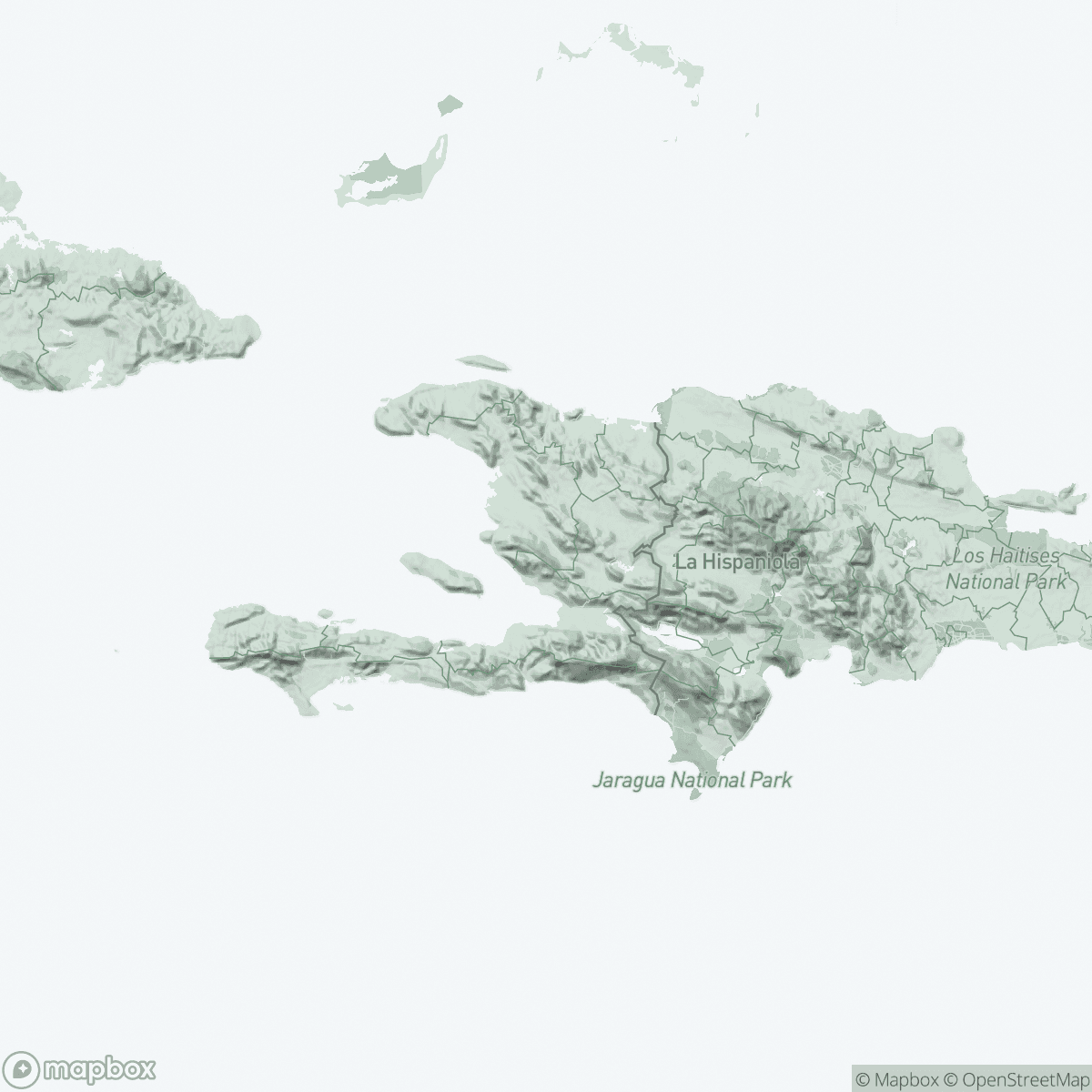
Objective: The reopening of the largest maternal health hospital in Port-au-Prince
In 1 click, help us spread this information :
Currently on a mission in Haiti, Wilma van den Boogaard, operational researcher at MSF Luxembourg (LuxOR), explains the progress of MSF's new sexual and reproductive health project set to open in Port-au-Prince in the coming months, in a context where women are trapped between violence and poverty.
Since 2022, the commune of Cité Soleil has been the scene of violent clashes between rival armed groups. For several years, the Brooklyn neighborhood, controlled by one of these groups, remained surrounded by fighting. Its residents lived under the constant threat of crossfire and could not move freely without risking their lives.
Formerly the largest maternal health hospital in Port-au-Prince called “Maternité Isaïe Jeanty” (or “MIJ”) was forced to close in early 2024 due to insecurity. MIJ is very well known in Haiti – many Haitian colleagues were born there – but as it is located in an armed group-controlled area, it became too insecure to continue with their activities – as seen by the numerous bullet holes in the roof.
This closure has left thousands of women to find Sexual Reproductive Health services elsewhere, mostly delivering at home with traditional birth attendants (matrons in Haiti), or with no support at all. This, of course, has negative consequences on maternal and neonatal mortality although the true depth of these consequences remains unknown.
Together with the Ministry of Public Health (MSPP), MSF began the MIJ rehabilitation work in late 2024. The aim of my mission is to support the MSF teams in their efforts to reopen services in 2025.
MIJ will open in phases: Phase A will include external consultations such as antenatal and post-natal care, contraception, and Sexual Gender Based Violence services – as the rehabilitation of these parts of the building has been completed by an MSF construction team. Two additional phases will follow as rehabilitation work advances: adding in-patient services, such as normal deliveries (Phase B) and complicated deliveries (Phase C), including post-operative care and neonatal care for low weight babies without co-morbidities.
This week, I will have the opportunity to go out with the health promotion team to have discussions with matrons and other key figures in the surrounding communities on their perception of returning to this hospital, their sense of safety to access the facility, and how MSF can collaborate with the matrons.
The progress of this project is heavily dependant on the security situation, which counts for everyone: the MSPP staff to come and work there, the patients, our local Haitian MSF colleagues, and us/me as an international MSF employee. I’m very impressed with how MSF maintains dialogue with all relevant actors to ensure the continuity of our activities and safe passage for staff and patients."






